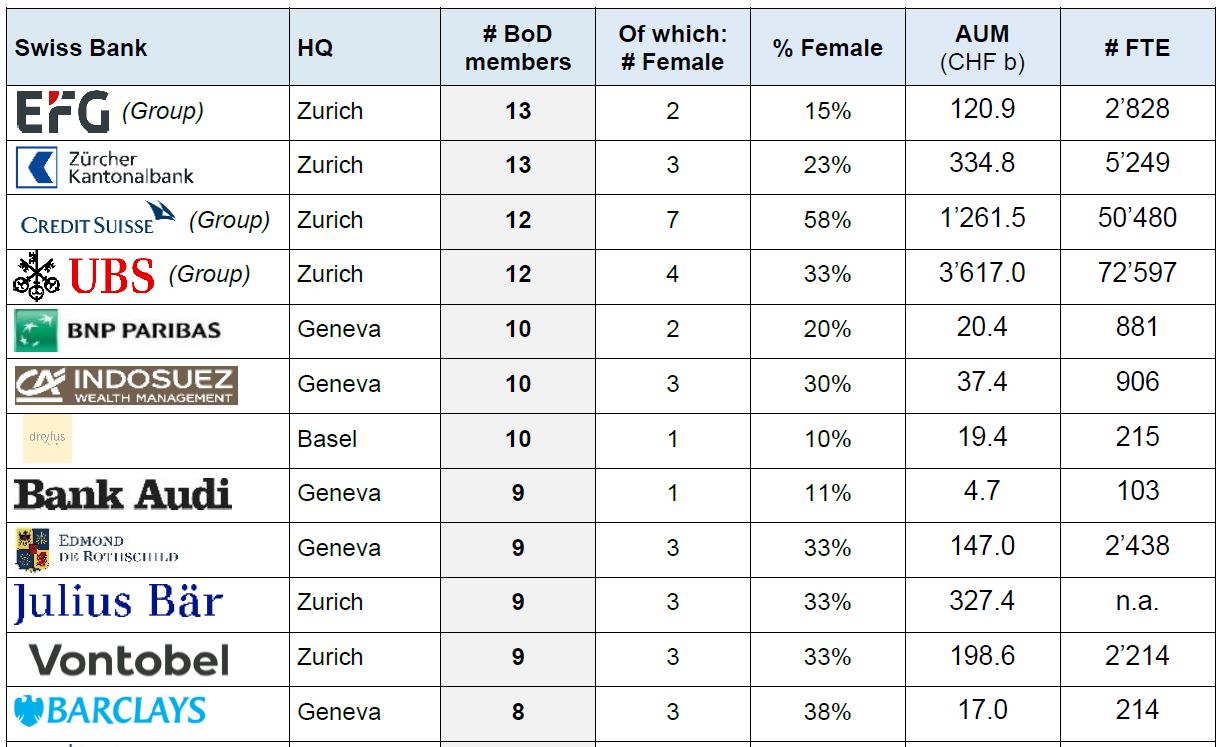
From Financial Literacy To Financial Well-Being: Enhancing Wealth Management
For wealth management banks, the apparent correlation between financial literacy and financial well-being represents not just a corporate responsibility but a strategic business opportunity. By integrating financial literacy into their many services, wealth management banks may build more robust and intimate client relationships, develop more personalized products and services, and differentiate themselves from their peers in a competitive market.





